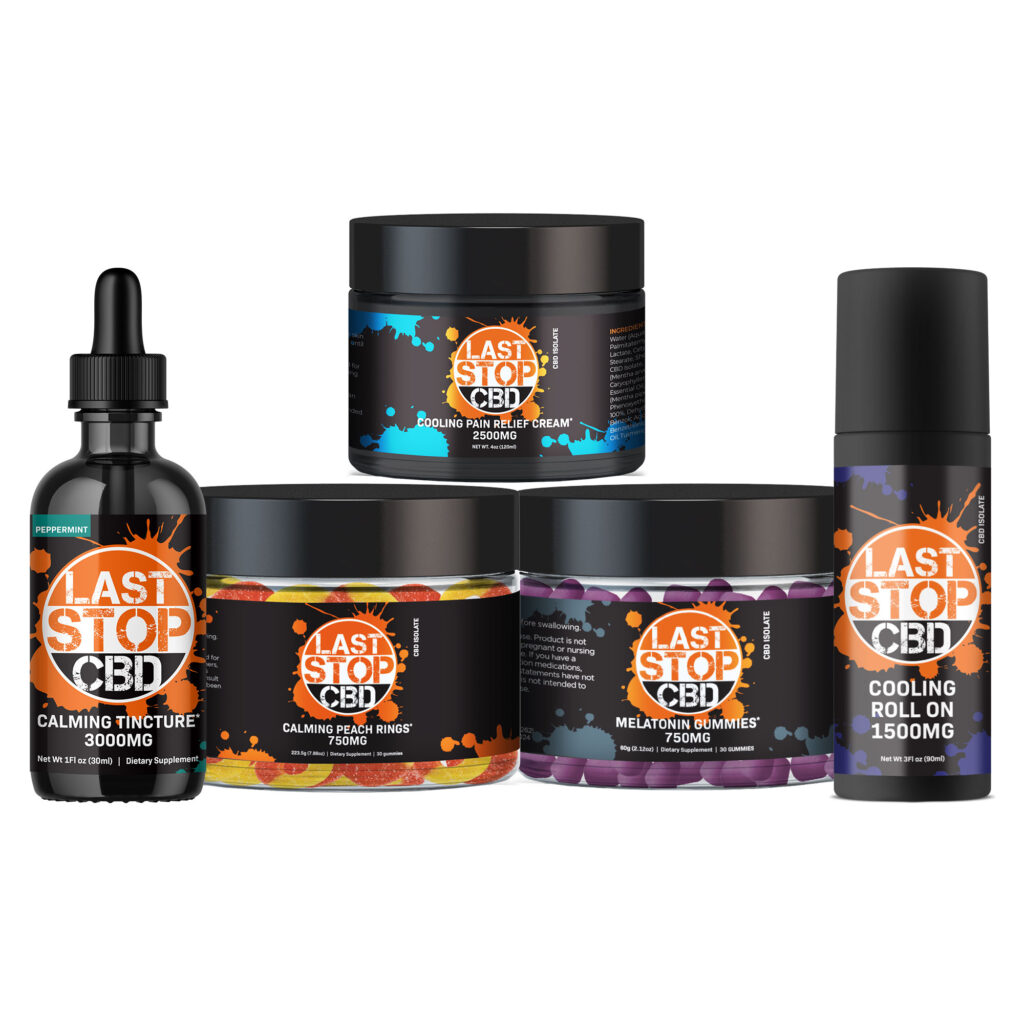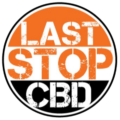CBD 101
CBD, short for cannabidiol, is a compound found in the cannabis plant. It is one of the many cannabinoids present in cannabis, but unlike its well-known counterpart THC (tetrahydrocannabinol), CBD is non-psychoactive, which means it doesn’t produce a “high” sensation. CBD has gained significant popularity in recent years due to its potential therapeutic benefits and wide range of applications.
Health Benefits
CBD has been studied for its potential therapeutic effects on various health conditions. While research is ongoing, some of the potential benefits associated with CBD include pain relief, reducing inflammation, alleviating anxiety and depression, promoting better sleep, and helping with epilepsy and seizure disorders.
Dosage and Usage
The optimal CBD dosage can vary depending on several factors, including the individual’s body weight, metabolism, desired effects, and the specific product being used. It is advisable to start with a low dosage and gradually increase it while closely monitoring the effects. Consulting with a healthcare professional familiar with CBD can also provide personalized guidance.
Different Forms of CBD
CBD products come in various forms, allowing users to choose what works best for them. Some common forms of CBD include oils and tinctures, capsules and pills, edibles (such as gummies or chocolates), topicals (creams, lotions, balms), vape products, and even beverages.

Side Effects
CBD is generally well-tolerated, and serious side effects are rare. However, some individuals may experience mild side effects such as drowsiness, dry mouth, lightheadedness, or changes in appetite. If you experience any adverse reactions, it is advisable to discontinue use and consult a healthcare professional.
Quality and Safety
When purchasing CBD products, it is crucial to choose high-quality options from reputable manufacturers. Look for products that have been third-party tested, ensuring they are free from contaminants and accurately labeled. It’s also important to be aware of potential drug interactions, especially if you’re taking other medications. You can trust that when you choose Last Stop CBD, you are selecting products that are safe, reliable, and of the highest quality.
Research and Regulation
While CBD shows promise in many areas, it’s important to note that research is still ongoing, and the U.S. Food and Drug Administration (FDA) has only approved one CBD-based medication for specific epilepsy conditions. As CBD gains more attention, there is increasing interest in further research, regulation, and standardization of CBD products to ensure consumer safety and efficacy.
Remember, before incorporating CBD into your routine, it's always recommended to consult with a healthcare professional, especially if you have any underlying medical conditions or are currently taking medications. They can provide personalized advice and guidance based on your specific needs.
Want to learn more.
- What is the Endocannabinoid System (ECS)?
- How does CBD interact with the Endocannabinoid System?
- What is the difference between CBD isolate, Broad Spectrum CBD, and Full Spectrum CBD?
- CBD and Anxiety
- How CBD Can Help People With Joint Pain?
- How can CBD help people with insomnia?
- How can CBD help people with ADHD?
